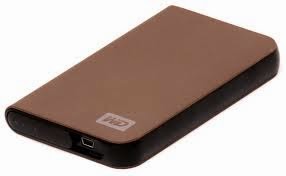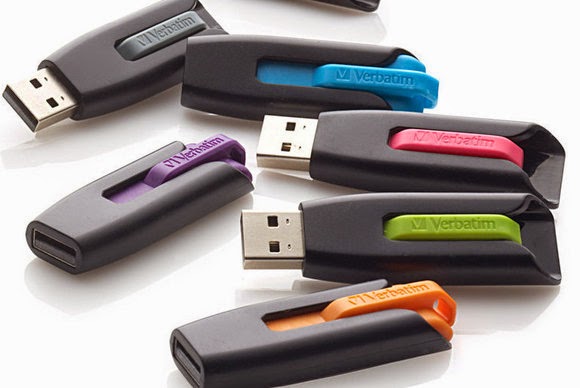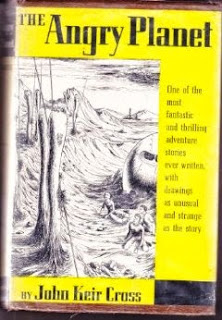Category Archives: Ohio
GOING BACK: THE ANGRY PLANET
Sometimes I sits and thinks and sometimes I just sits. I was sitting and thinking yesterday when a book that I last read around fifty-five years ago, when I was but a wee lad, popped unbidden into my head. It was a science-fiction novel, now long out of print, titled THE ANGRY PLANET and it was written by a British author named John Keir Cross. I can remember exactly where I got the book — the Lane Avenue Shopping Center branch of the Upper Arlington, Ohio Public Library system — and why I picked the book up. There was a movie that was heavily advertised at the time titled The Angry Red Planet that was making the rounds of the drive-ins at the time, and I thought that maybe the film was based on the book. It wasn’t, and as it turned out the book THE ANGRY PLANET was much better than the similarly titled movie could have ever hoped to be. It was, in fact, the first book that really and truly grabbed me by the lapels and made me a reader.
THE ANGRY PLANET was aimed squarely at the youth market in general and boys market in particular, and was originally published in 1946. The basic plot concerned a couple of teenagers stowed away on a rocket to Mars and had a number of adventures. There were two species of Martians at the top of the food chain which naturally were at mortal war with each other. One type was tall and thin and benevolent and friendly and resembled a celery stalk; the other type was short and squat and evil and resembled a mushroom without the stem. The nice Martians had these long, thin razor-sharp swords which they used to dice the bad guys up; they needed them, because the bad guys were much stronger, and possessed these powerful tendrils which they used to pick the nice guys up and snap them in two like a Slim Jim or a…well, like a celery stalk. The book ended with the Earth guys escaping from Mars by the skin of their teeth just as it looked like the nice Martians were going to lose a huge battle with the nasty ones. I read that book several times; at some point after the fact learned that there was a sequel to the book titled RED JOURNEY BACK, which I never saw or got to read. Remember, this was in the very early 1960s, when the only “Amazon” was Wonder Woman or a river in South America, take your pick, “computers” were what we called people who could operate slide rules or adding machines, and “kindle” was something you did to keep the fire going. Things moved on. I discovered detective fiction and paperback books on those revolving wire racks in the drugstore. But I never really forgot THE ANGRY PLANET. Sure, it got buried in my subconscious under birth dates and telephone numbers and learning how to drive, but I never truly forgot that book. Cross really had a talent for writing battle scenes, and the story was illustrated here and there with black and white line drawings that were somewhat disturbing for reasons that I couldn’t quite identify then but undoubtedly could today, if I had a copy of the book in my hand.
Just for grins I thought I would see if RED JOURNEY BACK was available on any of the e-book platforms. It isn’t. Along the way, however, I did some research and learned that Cross, back in the day, was somewhat renowned as a writer and editor of adult horror fiction. Some first editions of his work, including THE ANGRY PLANET, trade hands for a pretty penny. I also discovered for the first time that I’m not the only one who read THE ANGRY PLANET; there are any number of bloggers out there with memories better than mine who also have an actual copy of the book and still take time to re-read it.
Accordingly, I’m wondering…what is the first book that really and truly made you a reader? Do you have a copy of it? Is it still in print?



